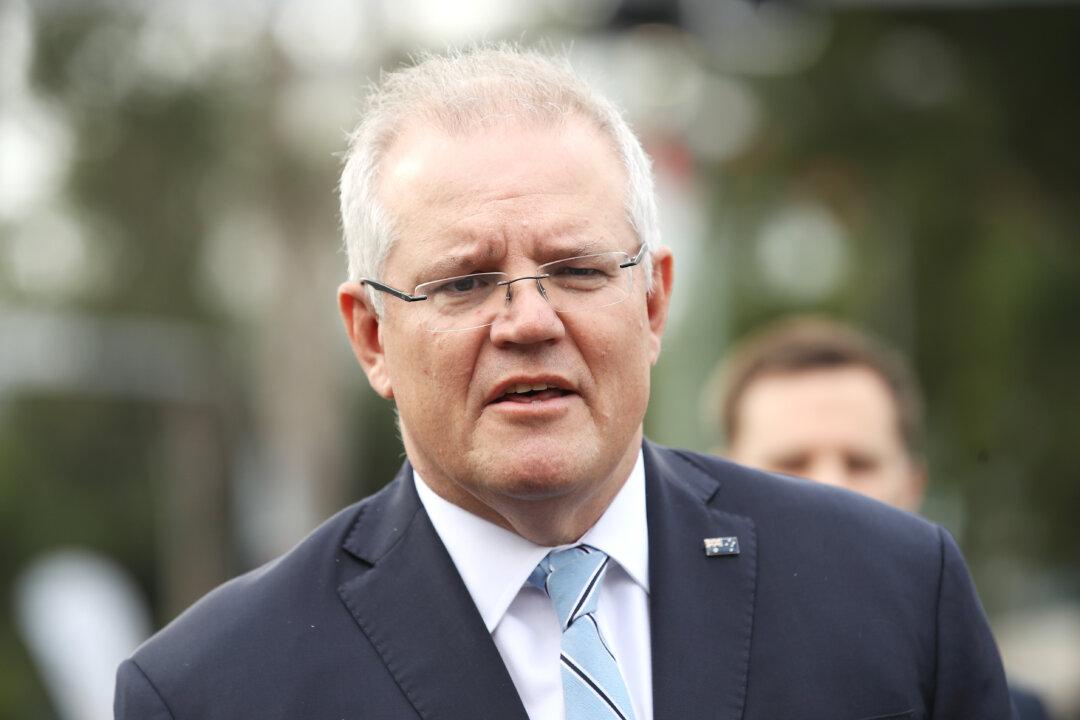Australian Prime Minister Scott Morrison says Facebook has “friended us again” and talks have resumed after the social media giant accidentally shut public information accounts.
Morrison says he’s glad Facebook is “back at the table” for discussions over the Australian government’s media bargaining code, jesting the U.S. tech giant has “tentatively friended us again.”





